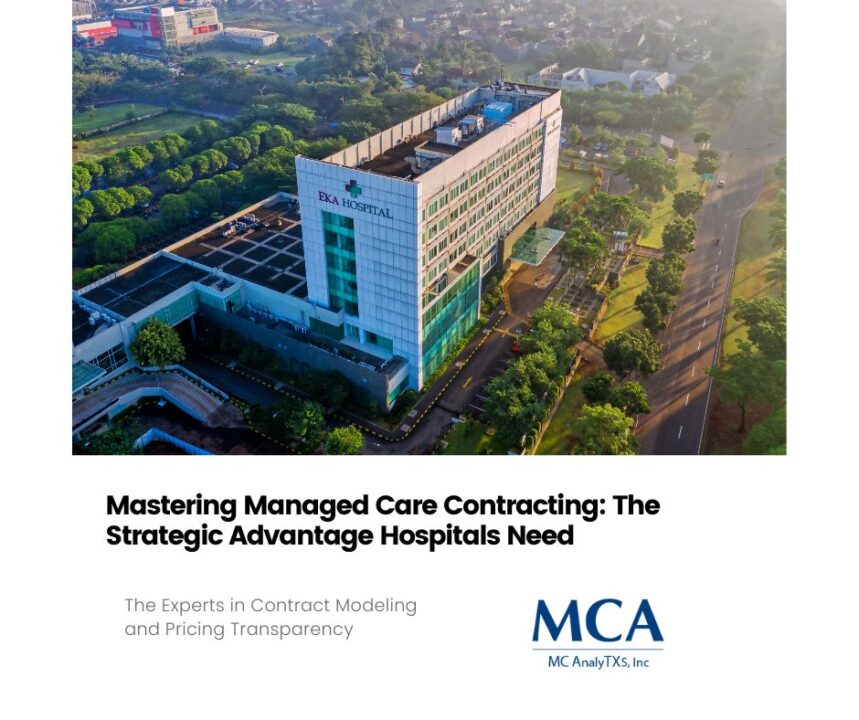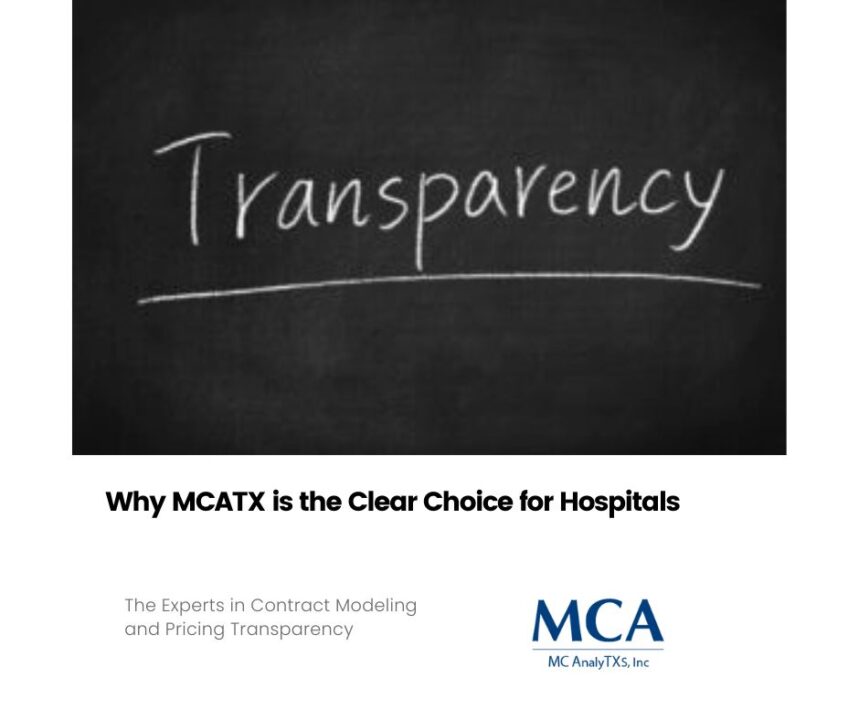
How RCM Leaders are Cutting Redundancies & Maximizing Efficiency
May 14, 2024
Why Your Organization Needs Experts in Contract Modeling and Pricing Transparency in Today’s Healthcare Landscape
May 21, 2024In recent times, hospitals across the nation have faced an unprecedented challenge outside the sphere of medical care – a significant disruption in payment processing services. This abrupt interruption has not only compounded the stresses of managing the revenue cycle in a healthcare setting but has also spotlighted the critical need for flexibility and resilience in hospital payment systems. Revenue Cycle Managers, the captains at the helm during these stormy financial times, are tasked with navigating their institutions through turbulent waters to ensure financial health remains intact.
Understanding the Disruption
The disruption in payment processing could stem from various factors, including cyberattacks, changes in payment policies, or failures in technology infrastructure. Whatever the cause, the result is a troubling delay in payments, putting additional strain on hospital operations already burdened by tight budgets and the ongoing demands of healthcare management.
For Revenue Cycle Managers, the challenge lies not only in addressing the immediate fallout of these disruptions but also in implementing long-term strategies to mitigate their impact. The goal is clear: ensure that revenue flows remain undisrupted despite external pressures.
Strategies for Mitigation
1. Diversify Payment Channels
Putting all your eggs in one basket has never been a prudent strategy, and this holds especially true for payment processing. To shield your organization from future disruptions, consider diversifying payment channels. Incorporating multiple payment processors and technologies not only provides alternatives when one system fails but can also enhance the payment experience for patients.
2. Invest in Cybersecurity
Cyber threats are a significant factor behind payment disruptions. Investing in robust cybersecurity measures is crucial to protect against data breaches that could compromise payment systems. Regular audits, employee training, and state-of-the-art security protocols are essential components of a strong defense strategy.
3. Enhance Payment System Flexibility
Adopting flexible payment systems that can quickly adapt to change and incorporate new payment methods as they emerge is vital. This may include leveraging cloud-based services, which can offer more resilience and scalability than traditional systems.
4. Foster Strong Relationships with Payment Vendors
Strong, open lines of communication with your payment processors and vendors can ensure you’re ahead of potential disruptions. Regular meetings to discuss system updates, vulnerabilities, and contingency planning are invaluable.
5. Prepare a Contingency Plan
Hope for the best, but prepare for the worst. An effective contingency plan can be the difference between swift recovery and prolonged disruption. This plan should outline steps to switch to alternative payment processing methods, communicate with stakeholders, and minimize operational impacts.
6. Educate Patients
Finally, in the event of a disruption, transparent communication with patients regarding their payment options can maintain trust and mitigate confusion. Offering guidance and support can ease the burden on both patients and administrative staff.
Looking Ahead
The rise of payment processing disruptions calls for a proactive and prepared approach from Revenue Cycle Managers. By understanding the nuances of these challenges and implementing strategic measures, hospitals can not only survive but thrive in the face of financial adversities.
In a way, these disruptions serve as a wake-up call, urging hospitals to re-evaluate and strengthen their payment systems. Looking ahead, it’s clear that flexibility, security, and strategic planning are key pillars upon which resilient hospital payment processes must be built. With these foundations in place, healthcare institutions can ensure that their financial operations are robust enough to withstand the storms of today and tomorrow.
For Revenue Cycle Managers, the path forward involves constant vigilance, adaptation, and education. Staying informed about emerging threats, exploring innovative payment solutions, and fostering a culture of resilience will equip hospitals to handle whatever financial challenges come their way. After all, in the dynamic landscape of healthcare finance, being prepared is not just an advantage – it’s a necessity.





